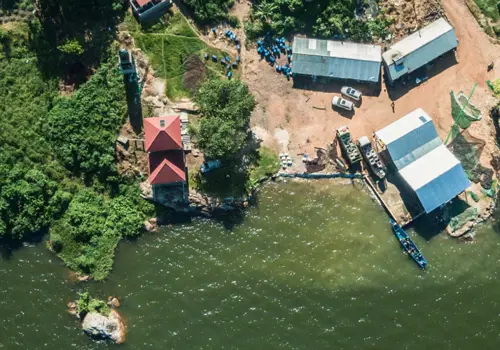
Sustainability
Caring for the next generation
Sustainability
We aim to contribute to the sustainable availability and accessibility of safe and healthy food worldwide. We do this with the utmost care for climate, environment and animal welfare.
With the world population predicted to grow to an estimated 9.8 billion people in 2050, the need for safe and healthy food will also continue to rise. The World Resources Institute estimates that we will see a 56 percent increase in the global demand for food and an increase of nearly 70 percent for animal-based foods. This is a challenge for the farmers and companies responsible for the world’s food production chains. A challenge that we must tackle in the coming decades.
Sustainable food production
Producing safe and healthy food for a population of 9.8 billion people requires a critical look at the food production chains that we are part of. The World Resources Institute indicates that hundreds of millions of people remain hungry today, that agriculture already uses almost half of the world’s vegetated land, and that agriculture and related land-use change generate one quarter of annual greenhouse gas emissions.

Increasing food production
To meet the expected demand for safe and healthy food in the coming years, we need our food production chains to become more effective and sustainable. We must intensify farming practices in those countries where the agricultural sector is less developed to reduce deforestation, increase yields on unproductive land, promote economic development and reduce poverty.
At the same time, we must improve the sustainability of farming practices in countries where the agriculture sector is highly developed to drive innovation and minimise the negative effects on the climate, the environment and local communities.

Sustainable Development goals
The Sustainable Development Goals introduced by the United Nations in 2015 are widely recognised as a blueprint for a better world for people all over the world. At Koudijs, we are proud to contribute to achieving several of the Sustainable Development goals.
Starting new operations in countries where the agricultural sector is still developing generates opportunities for local farmers who then have access to high quality feed or can sell raw materials locally. This strengthens local economies and acts as a flywheel for the development of local communities. The opening of the first multipurpose animal feed production plant by a European company in Ghana in autumn 2020 is an example of this contribution.

